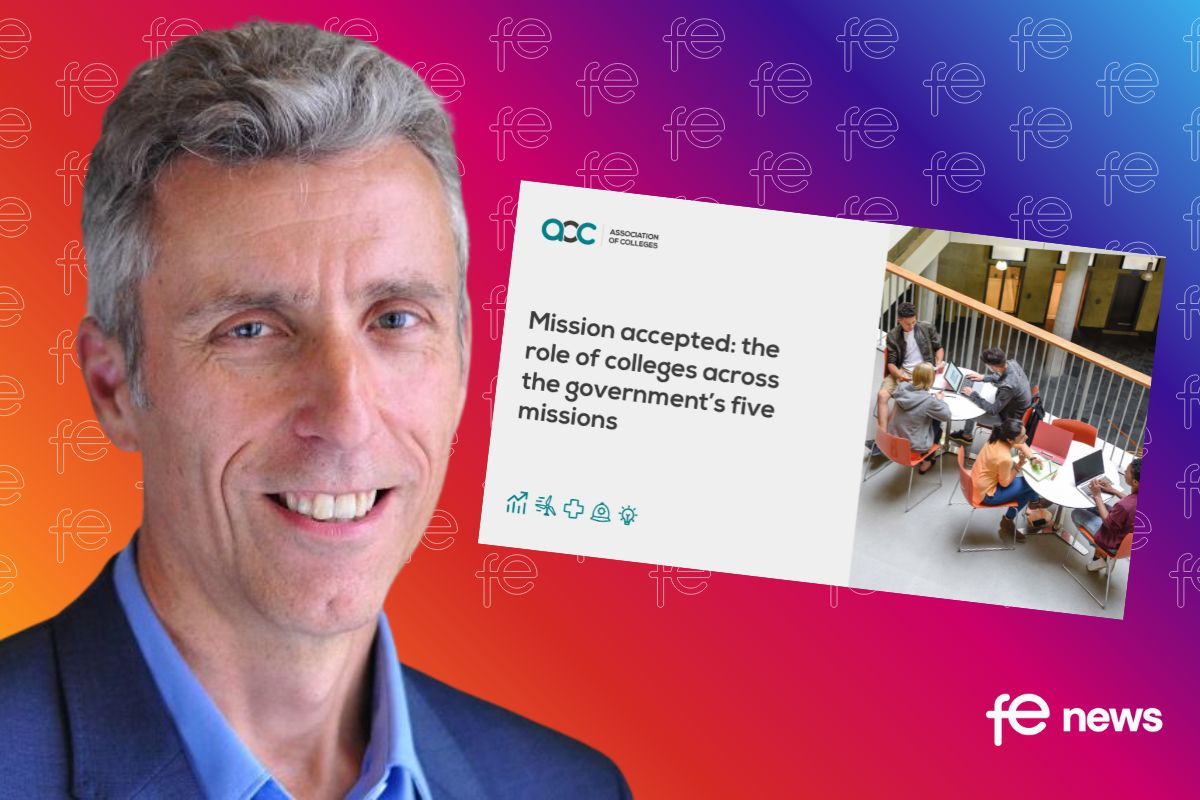Supporting apprentices back into work and training after COVID-19

Quality Alliance guidance will support returning apprentices
The Quality Alliance has published new guidance to support apprentices back into work and training after COVID-19 enforced breaks.
The alliance is overseen by the Institute and brings together a wide variety of prominent partner organisations involved with the quality of apprenticeships.
They include the Education and Skills Funding Agency, Department for Education, Ofsted, Ofqual, Office for Students, Quality Assurance Agency, Universities UK, WorldSkills UK, Association of Colleges, Association of Employment and Learning Providers, and Federation of Awarding Bodies.
Their new guidance is geared at training providers, employers, and apprentices and includes a helpful checklist. The idea is for returning apprentices to get all the support they need in the coming weeks and months.
Jennifer Coupland, chief executive of the Institute for Apprenticeships and Technical Education (the Institute), said:
“The pandemic has disrupted so many aspects of our lives and for many people that includes apprenticeships. As restrictions lift and many apprentices return to training, this focused guidance will help make that transition as smooth as possible. I would urge everyone involved with apprenticeships to promote it. We want as many training providers, employers and apprentices as possible to take on board the advice and make sure the right support is in place.”
Dr Neil Bentley-Gockmann OBE, chief executive of WorldSkills UK, said:
“We know through our work with apprentices and educators that it is essential to properly support and inspire them. Apprentices have been disproportionately affected by this pandemic and that is why we must come together as a sector to help them to get the best start in work and life.”
Jane Hickie, chief executive of the Association of Employment and Learning Providers, said:
“Employers and providers working together to support apprentices whose progress have been held up during the pandemic is vital and this guidance provides a simple but really valuable checklist for ensuring that apprentices successfully complete their training and assessment.”
Kirsti Lord, Deputy Chief Executive of the Association of Colleges, said:
“The guidance is helpful in supporting providers, employers and apprentices in navigating the successful completion of standards during a time where furlough and breaks in learning have created a more challenging environment.”
Charlotte Bosworth, managing director of Innovate Awarding and chair of the Federation of Awarding Bodies’ End Point Assessment Organisation Group, said:
“Ensuring we successfully support apprentices back into apprenticeship training following any breaks in learning is key to ensuring they can progress to completion. This guidance provides helpful advice to help that transition back onto programme.”
The guidance includes reminders to: discuss with returning apprentices where they are with on and off the job training; consider a fresh risk assessment and safeguarding review; and ensure the right mentoring and wider support networks are in place.
There is also a strong recommendation that every apprentice’s work plan and commitment statement, which employers, providers and apprentices must follow throughout apprenticeships, is revisited and adapted.
Further reminders focus on the need to check how prepared apprentices are for end point assessment. A key point is whether everyone knows what form the end-point assessment will take, as it may have changed because of COVID-19.











Responses